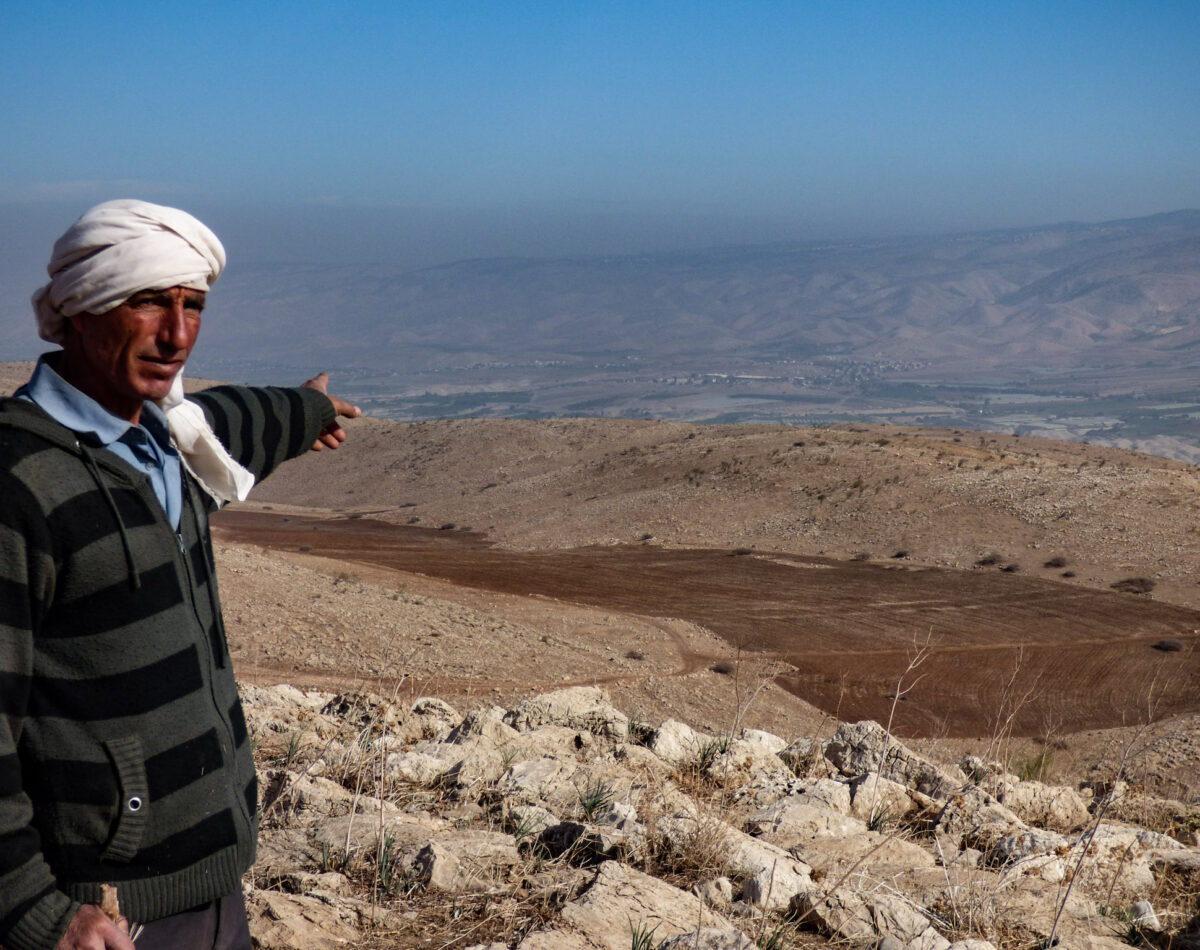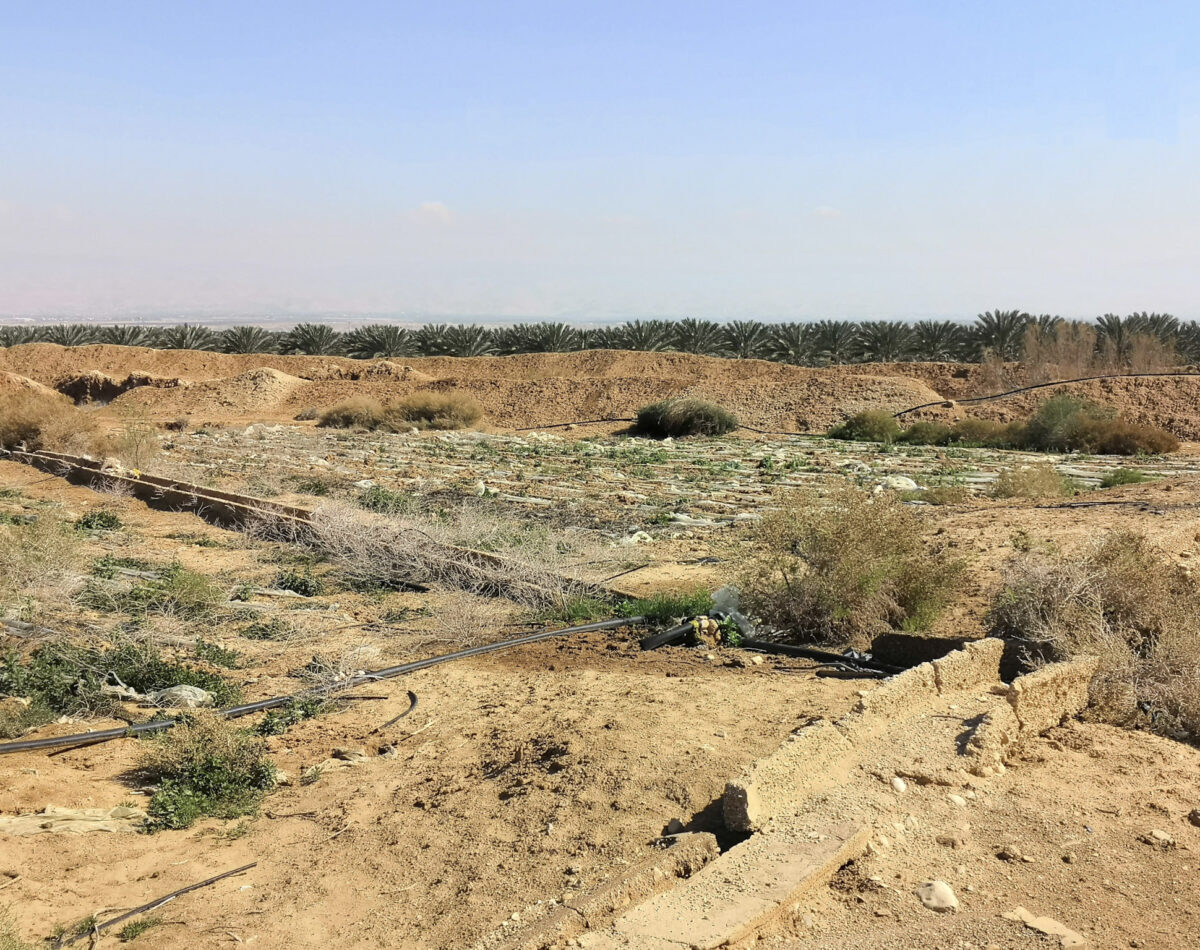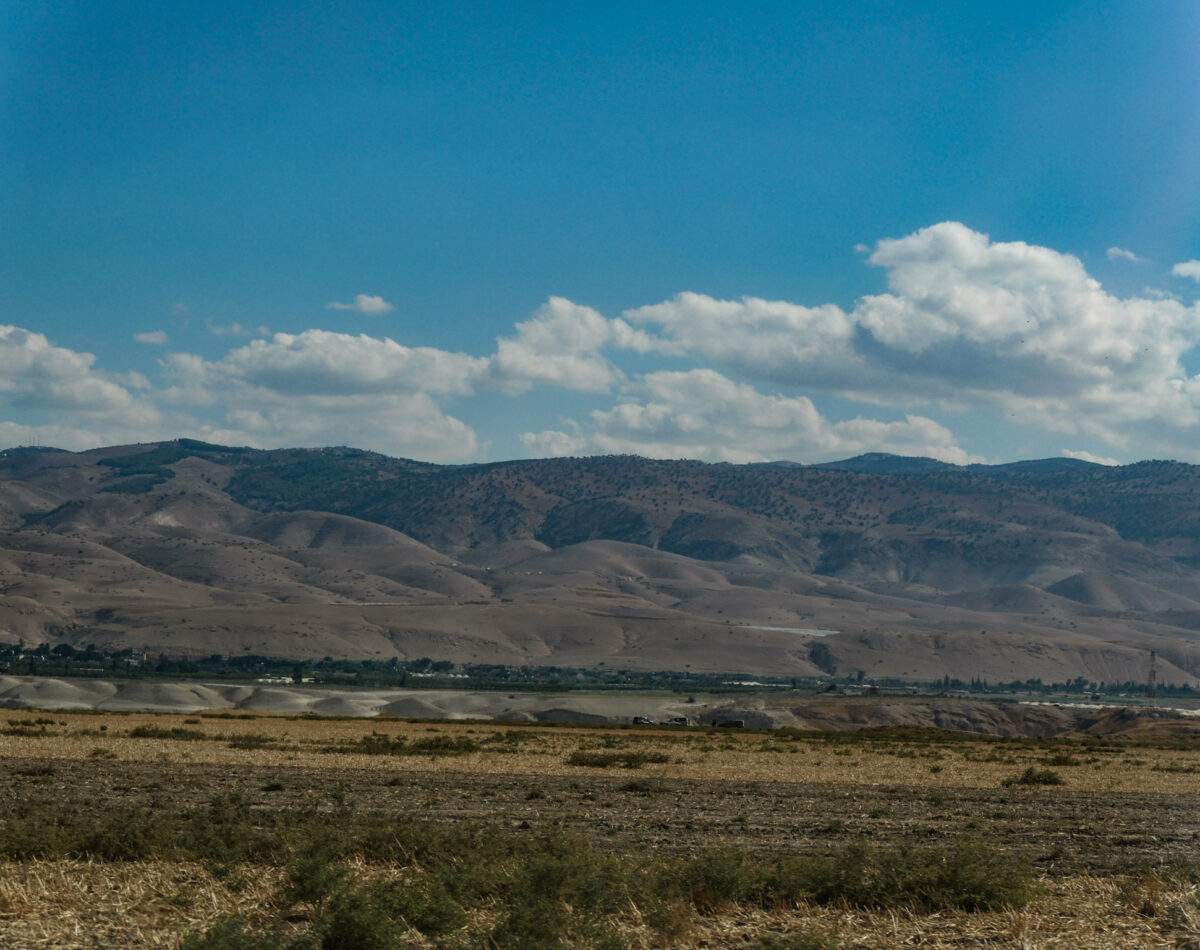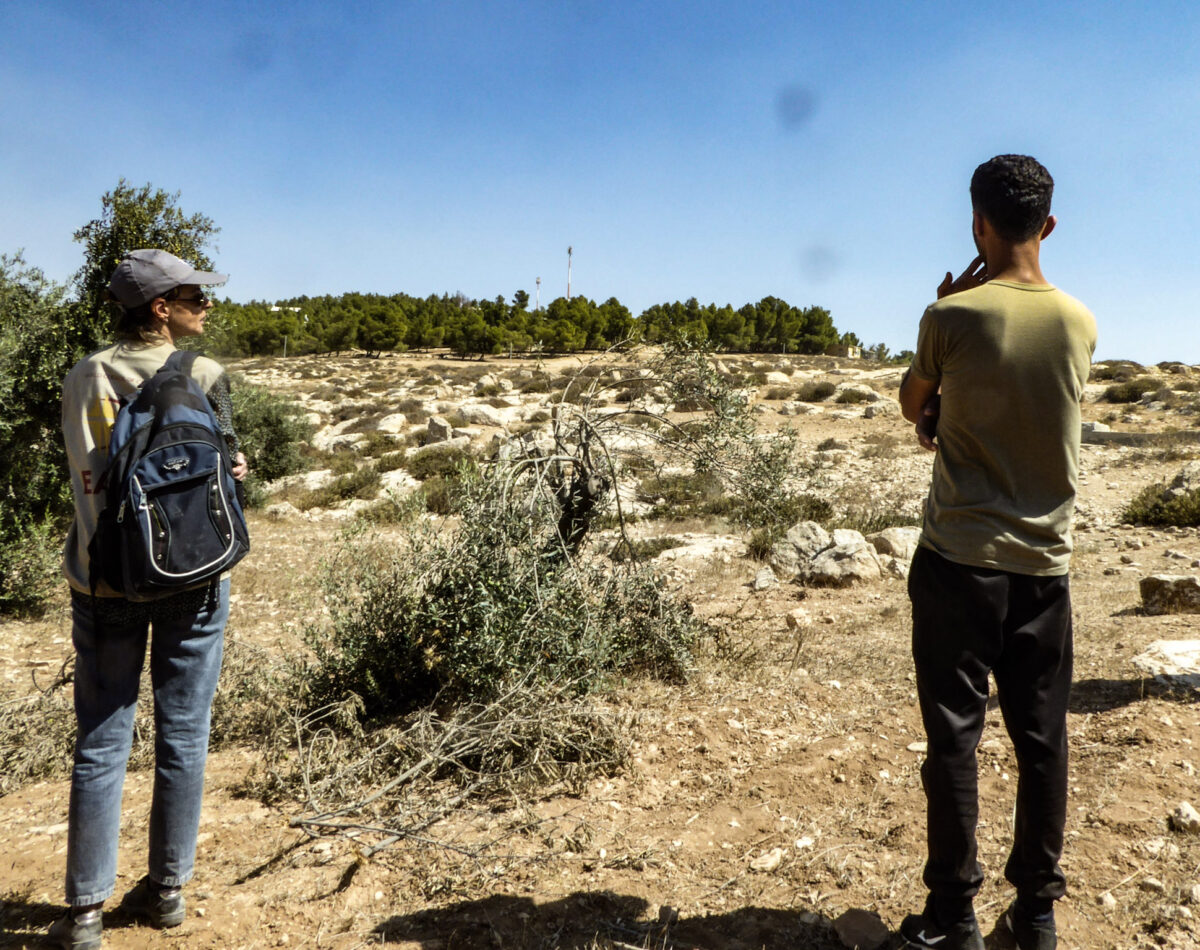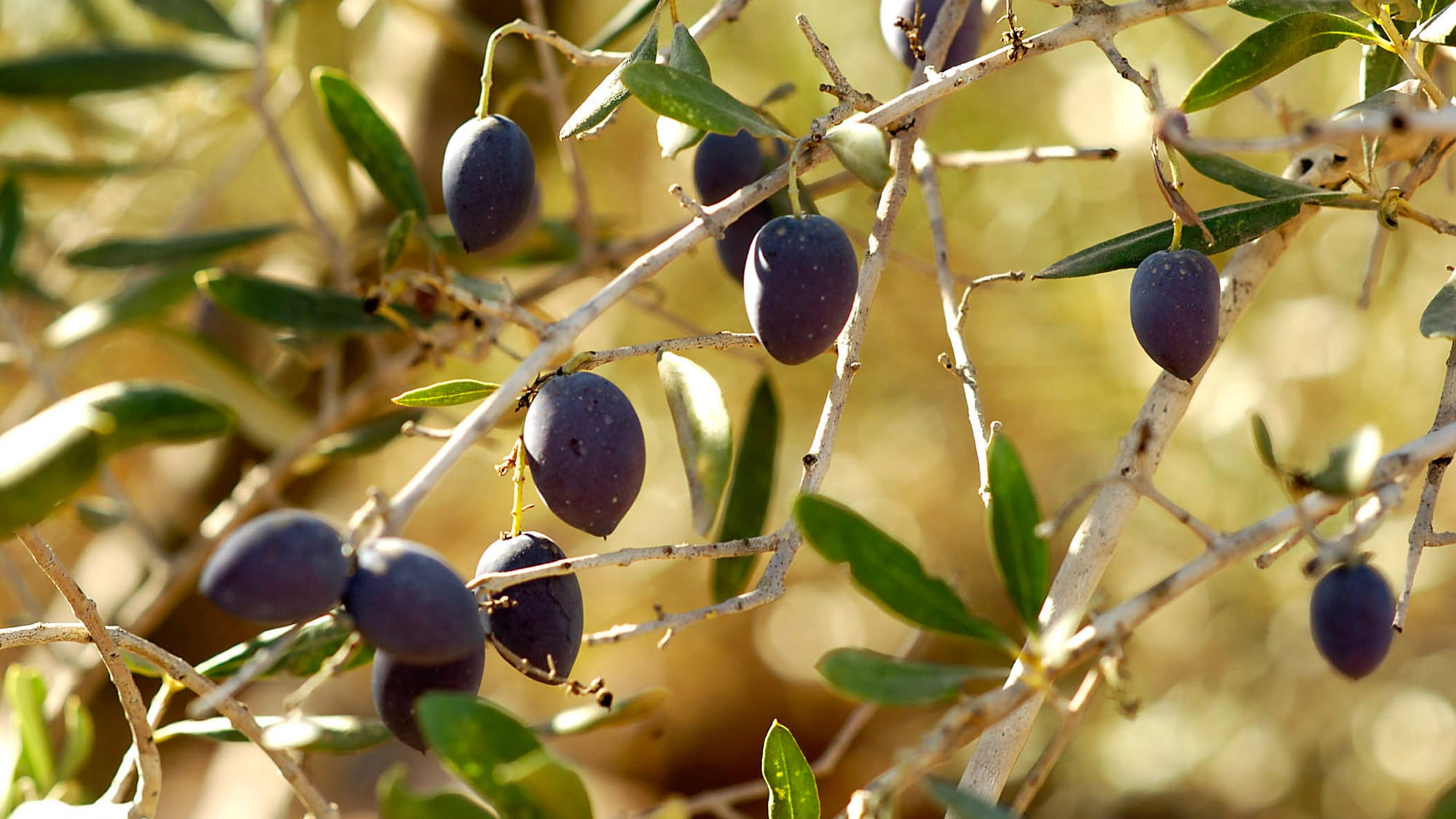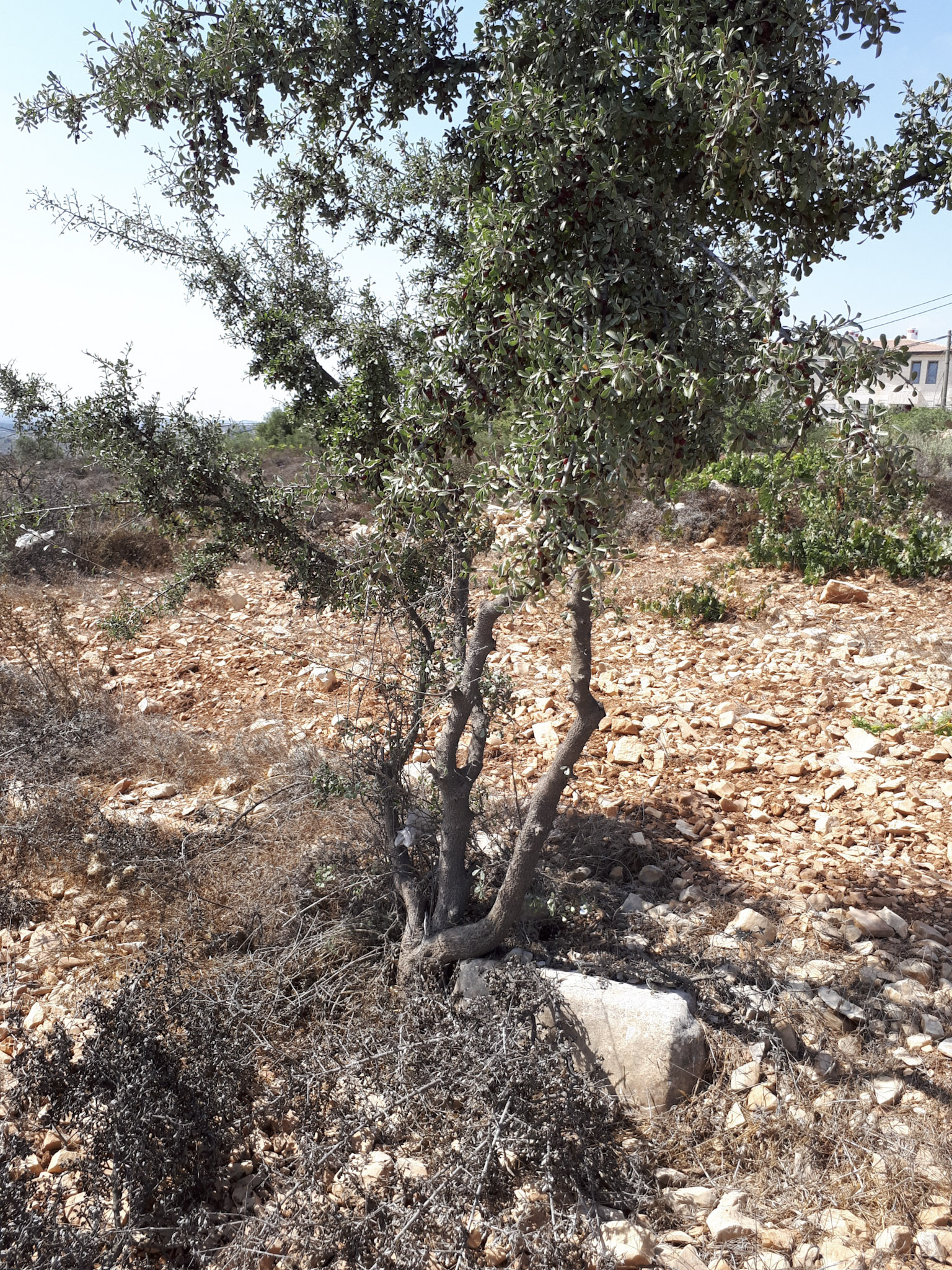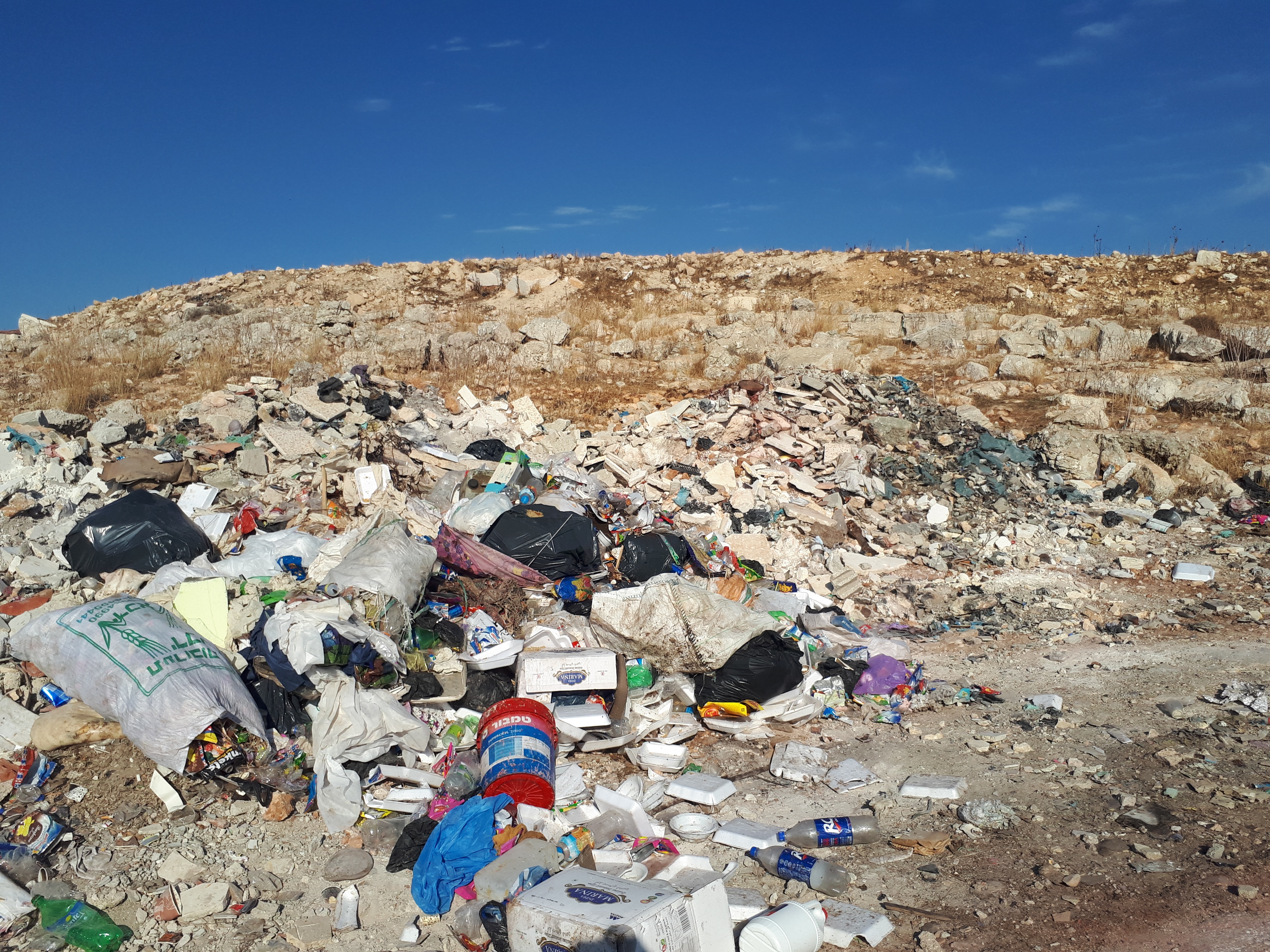Environment
by EA Cassie – 4 min read
The West Bank was once home to grazing sheep and cows, fields of vegetables, grains, and fruit trees. Today, farmers do not have access to enough fresh water or land to grow crops or raise livestock. Decades of military occupation have brought environmental destruction, and increasing challenges due to climate change have impacted Palestinians’ ability to access water, grow crops, and raise livestock on once-fertile land.
Climate change is a real threat to the communities across the West Bank, where Palestinians do not have control over how natural resources are managed.
(See reports from the UN’s IPCC and EcoPeace Middle East for more detail)


